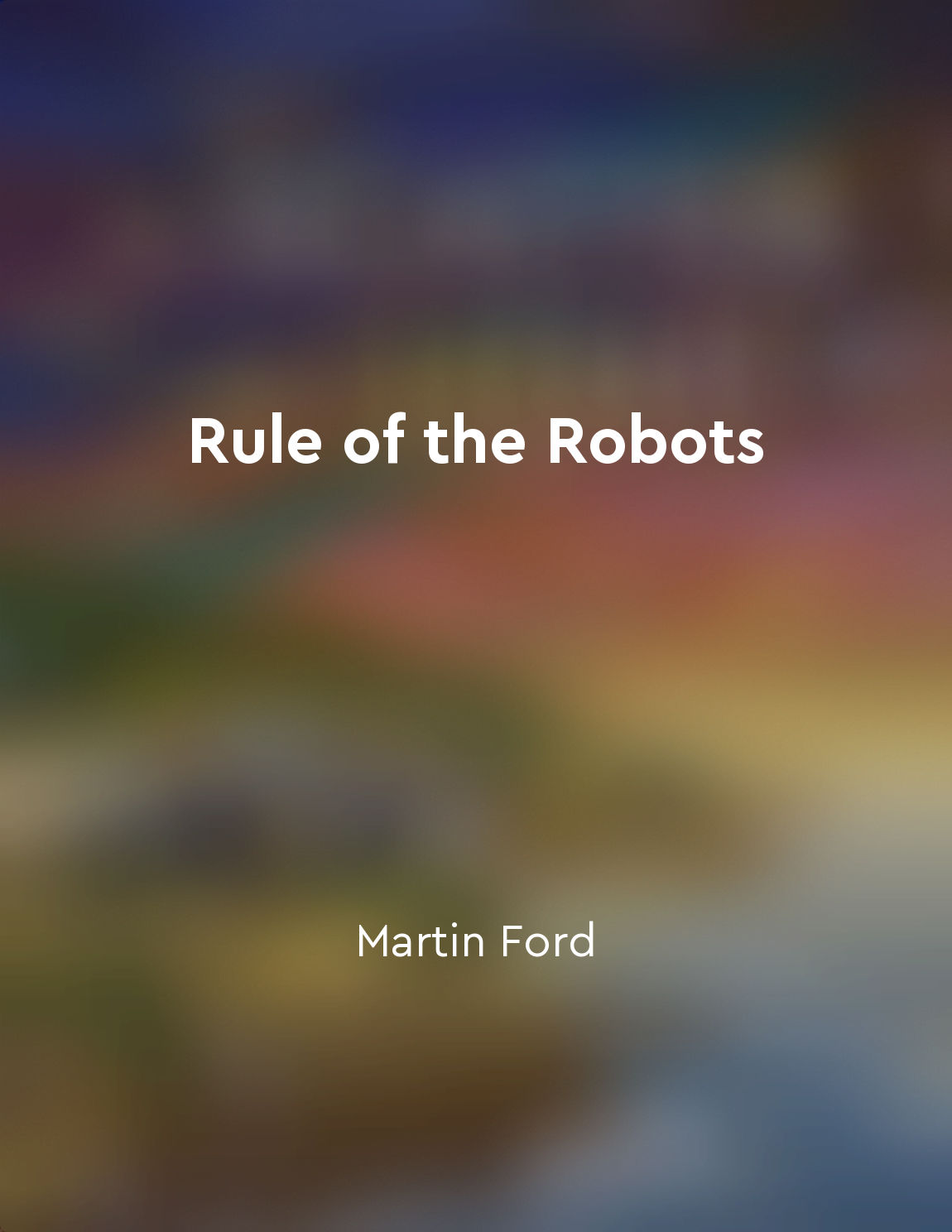Social inequality worsens with financialization from "summary" of Labor in the Age of Finance by Sanford M. Jacoby
Financialization has brought about significant changes in the labor market, leading to the exacerbation of social inequality. The shift towards a more financially-driven economy has resulted in a redistribution of wealth that disproportionately benefits the already affluent while leaving the working class behind. As financial institutions and markets become increasingly dominant, the gap between the rich and the poor widens, leading to a more unequal society. One of the key ways in which financialization worsens social inequality is through the transformation of labor markets. The emphasis on short-term profits and shareholder value has led to a focus on cost-cutting measures and maximizing efficiency, often at the expense of workers. This has resulted in job insecurity, stagnant wages, and an erosion of workers' rights, particularly for those in low-skilled or precarious em...Similar Posts

Focus on creating multiple streams of income to secure your financial future
To truly secure your financial future, it is essential to focus on creating multiple streams of income. Relying on just one sou...

Modern humans have conquered the world through their cognitive abilities
One of the key factors that set Homo sapiens apart from other species is our ability to think and communicate in complex ways. ...

Public services are inadequate
The state of public services in the industrial towns of the North is nothing short of scandalous. The lack of proper sanitation...
Power dynamics affect disparities
The distribution of income is not a result of some impersonal forces, like the laws of economics. It is rather a reflection of ...

The rise of robots is causing concern about the future of employment
The pace of technological progress has accelerated dramatically in recent years, bringing with it the rise of robots and automa...
Growth does not guarantee equality
The idea that economic growth automatically leads to greater equality among individuals is one of the most enduring myths in th...
Economic exploitation is a consequence of profitdriven motives
Economic exploitation is a direct result of the profit-driven motives that guide the actions of powerful corporations and gover...

The value of information should be recognized and compensated
In the digital age, information has become the most valuable commodity. Every click, like, share, and comment generates data th...
